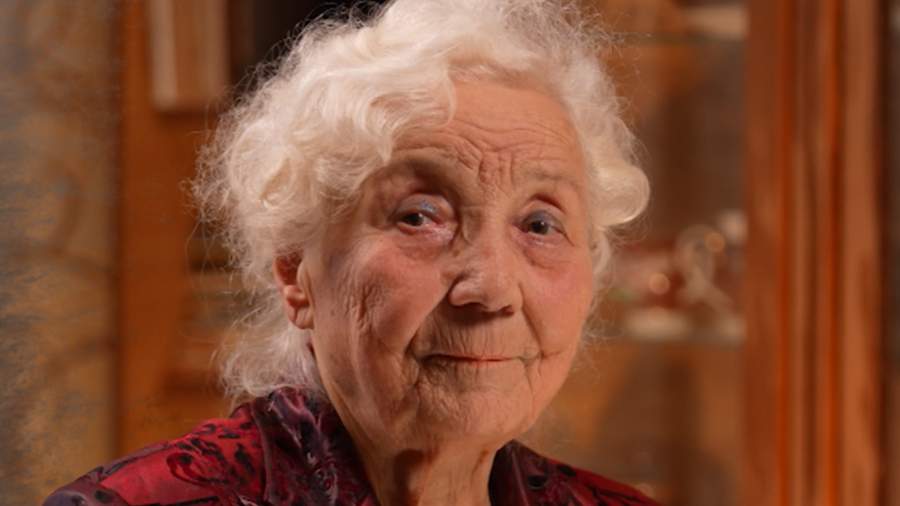Female WWII veterans talked about life under occupation and service on the front line
- Новости
- Local news
- Female WWII veterans talked about life under occupation and service on the front line

On April 21, female veterans of the Great Patriotic War told Izvestia about the horrors of the Nazi occupation and the combat work of girls who served on the front line on an equal basis with men. Video interviews with those who met on May 9, 1945, are published in the "Living History" section of the Izvestia virtual Museum "Great Victory".
Zinaida Zakharovna Korneeva met the beginning of the war at the age of three. The little girl's father went to the front. Soon the Germans came to her native village in the Orel region.
The occupiers drove the locals out of their homes, beat and killed people, and forced hungry women to dig trenches. Children also became victims of the Nazis — Zinaida Zakharovna remembered well how the Germans killed two girls not much older than her because they coveted soldier's chocolate.
Subsequently, the Korneev family was hijacked to work in Germany. There they ended up in a concentration camp, and then ended up on the farm of the landowner Bauer in Altenburg, where they worked for more than two years. As the Red Army soldiers approached, the German, fearing retribution, walled up the workers in the basement.
"Mom was sure that we were going to die here. We were sitting there, crying. It's a lot of dark, and the mice are running back and forth. And suddenly they break down this basement, the light comes to us, and I see the thresholds leading to the exit, and the stars on the caps and caps of the soldiers who are liberating us," recalls Zinaida Zakharovna.
After the rescue, the girl's mother helped treat Soviet soldiers in a field hospital for several months. Finally, the family was sent home, but a ruined village was waiting for them there. Life got better only when my father returned from the front.
Maria Danilovna Kurbatova, a resident of Kazakhstan, was 17 years old in June 1941. She took care of the wounded in the hospital, which was located in her school. The students not only provided medical care, but also encouraged the soldiers with songs.
In 1943, Maria Danilovna voluntarily joined the army, graduated from sniper school and went to the front. There she had to lie in position for a long time in any weather. She carried only a rifle, a canteen with water and biscuits or biscuits from a dry ration with her into battle. The commanders treated the women with respect — they even allowed them not to cut their long hair.
On the front line, the girl rose to the rank of senior sergeant, went through Ukraine, Poland, Czechoslovakia, and met Victory in Germany. For her exploits, she was awarded the Order of the Patriotic War, medals "For Bravery", "For Military Merit" and "For Victory over Germany".
"So that there will never be another unhappy war. So that children do not see, hear, or know what war is," Maria Danilovna wished her descendants.
Earlier, on April 13, WWII veteran Anatoly Parubin told Izvestia about the capture of Vienna by the Red Army in 1945. According to him, the Germans blew up almost all the bridges across the Danube in the city, but the Soviet soldiers managed to clear the last remaining crossing.
Переведено сервисом «Яндекс Переводчик»

